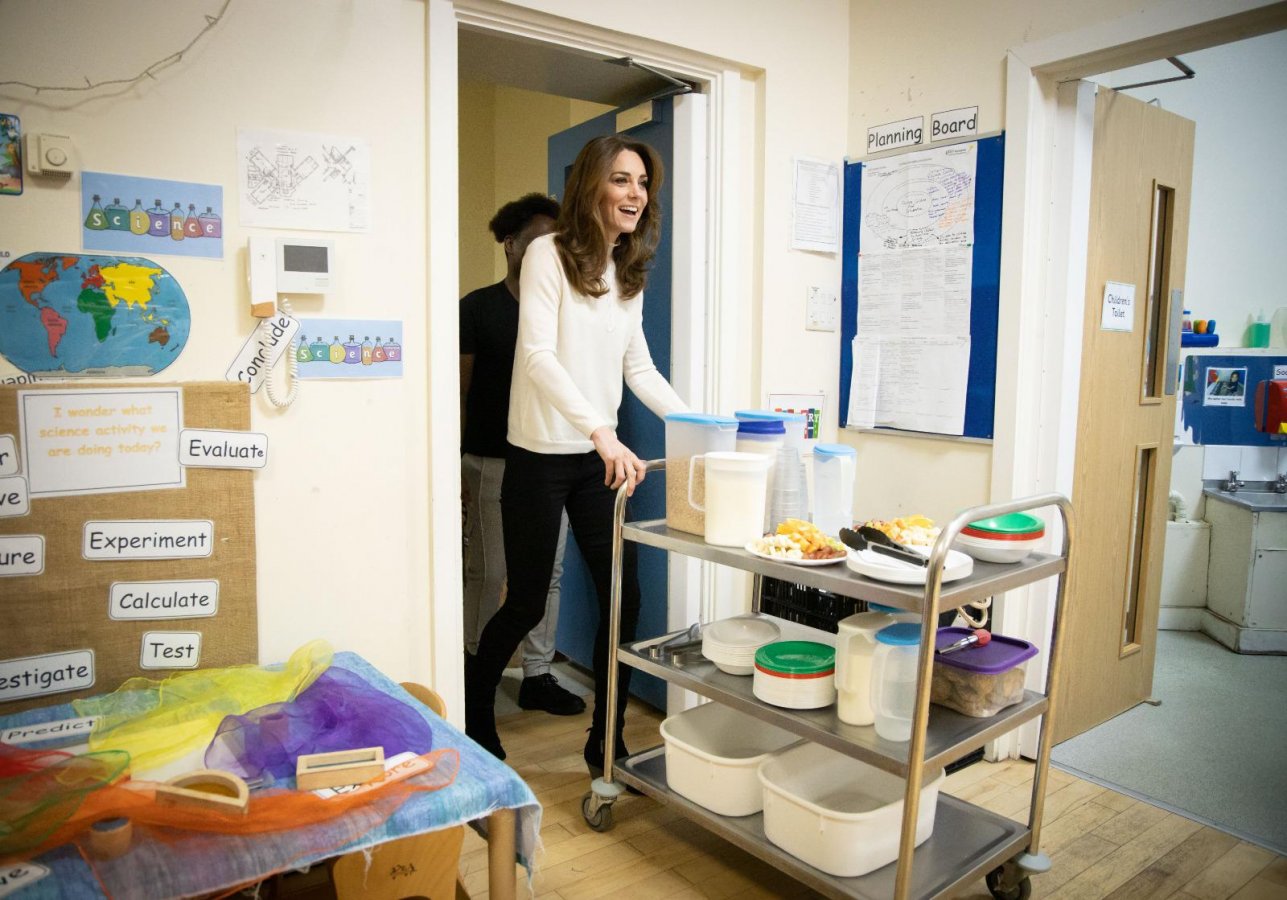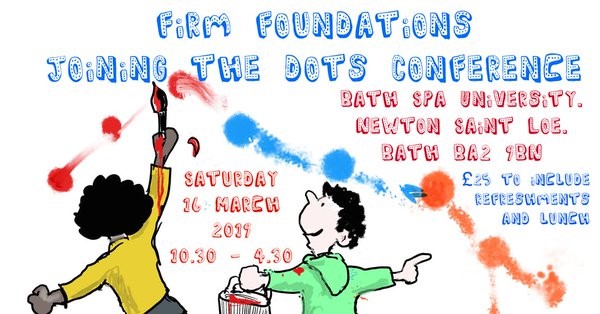The Early Years sector is still suffering from the recruitment crisis kicked off by the demand for A to C Maths and English as an entry point into the sector. Many of us really argued against this because we realised that there would be insufficient candidates, the pipeline would dry up and we would end up relying on more unqualified and agency staff. Yes, that’s what happened.
We have 25,000 vacancies in Early Years and now the newest report produced by Save the Children say we are short 11,000 Early Years teachers.
At the time (2015/6), I struggled to hold my temper at the arrogance of some academics and organisations who got up on their high horses so they could look down and sneer that our resistance to graduates would damage quality and anyway what would we know about quality. Well done guys because your high handedness and an unwillingness to work with those in the sector actually delivering childcare resulted in a serious catastrophe and no one has won let alone the children.
I now wonder whether the updated Save the Children report risks the same divide? It argues that all young children should be in childcare that is led by graduate early years professionals to help ensure that they start school ready. They quote Education Secretary Damian Hinds as saying: it is a “persistent scandal” that youngsters are starting school unable to communicate in full sentence or read simple words.
However, these children are already in school in Reception Classes. They are already being led by teachers? Is this not a different issue about the removal of children from higher ratio nursery settings too young?
As it happens I think we should have graduate leaders (over half of LEYF nurseries are led by graduates) because I believe there is a correlation between quality and graduates, but only if the person comes with the right experience, attributes and competence. To all those out there who think being graduate is enough, let me disabuse you of that fallacy. We are constantly surprised by the calibre of many graduates who seem to lack good solid knowledge of child development and how children learn. We are continually surprised by this and I was pretty tough with the audience at the Cache conferences I spoke at this year and demanded that if they do nothing else, please guarantee us graduates who can lead an intelligent and well-rounded pedagogical conversation.
We employ nearly 700 staff and they are all called teachers because that’s what they do. We know what quality looks like and just from an Ofsted point of view we are judged good and outstanding. 60% of the LEYF are outstanding versus a national average of 22%. This is from a social enterprise with a mission is to support children from poor and disadvantaged backgrounds living in poor neighbourhoods.
But we have a Government which underfunds the sector and has failed to implement a workforce strategy. Nadhim Zahawi told the chair of the Education Select Committee Robert Halfon that he was not progressing the graduate leader fund following his appearance before the committee on 10 July as part of the Life Chances Inquiry. Read the Minister’s letter in full here.
We have staff who were fooled into doing the EYP to discover it was not of the same value. I sat on the Nutbrown Review and we pleaded for parity, but there was no change. Investment in promoting early years teacher training is less than 1% of what is training spent on school teachers. We have a lack of clarity from policy makers which as the Pre-school Learning Alliance said that will continue until the early years workforce is given proper recognition and funding. This is critical if we are to “reduce the ever widening achievement gap”.
A key example was the promise from Mr Hinds in his social mobility speech last week that promised £20 million for training and developing early years professionals focusing on disadvantaged areas. There are 300,000 staff in the sector including childminders in the sector. Divide £20m and you get £67 per person or 30p per hour. If Mr Hinds is serious about improving the teaching then he needs to put the £860m the universities have to encourage children from disadvantaged backgrounds into Early Years. It will probably reap a better return on the investment.
So, I am not saying we should not aim for graduates, indeed, from September LEYF and University of Wolverhampton has joined forced to create a LEYF degree. It’s a very exciting start for us. We chose to work with Helen Perkins because her dissertation was all about improving routes for staff. We also have a fantastic Apprentice Academy and aiming for 80 apprentices this year. Trained by us to know their Vygotsky from their Versace.
It’s not just “sitting by Nelly” with the risk that Nelly is more of a not on your Nelly! Our perfect model is to begin as an apprentice and then do the graduate degree not in any way dissimilar to the recommendations of the Save the Children report who suggest outcomes for children are better when graduates lead practice, with qualified support staff.
If we really want to up the quality on Early Years, don’t try and simplify the issue with one message. We need people of all ages, backgrounds and gender who want to work for us. They need a career pathway. But most of all they need:
* Everyone to be clear as to what teaching in the Early Years means.
* To be valued and recognised for what they do.
* The subject of a national conversation that includes talking to parents.
https://www.youtube.com/watch?v=-c0JVl8hQWM&t=3s


